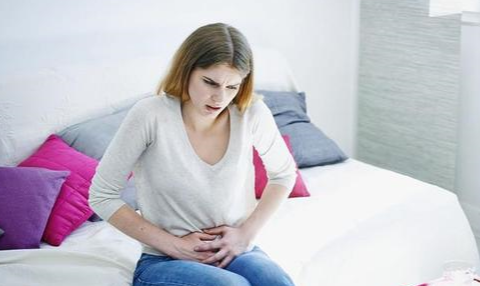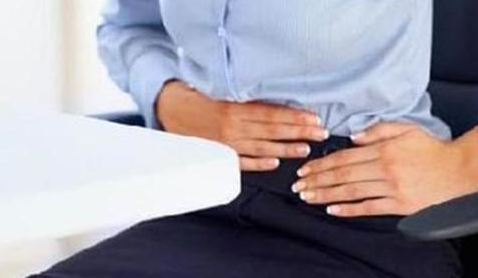Why Does Postpartum Cystitis Easily Occur In Females?
Date:2021-02-26 click:0
Cystitis is the most common disease of the urinary system, most common in women. It may also occur after delivery, causing postpartum cystitis.Cystitis after delivery may be caused by postpartum lochia lasting for a long time. Lochia is postpartum bleeding of the endometrium, and if not cleaned in time, it will easily cause urinary tract infection.

Anatomically, the female urethra is shorter and thicker, with an average length of about 4cm, which is 9cm shorter than the male urethra. In addition, female urethra is close to the vagina and anus, both of which are hotbeds of bacteria, which can easily infect the bladder through the urethra. According to statistics, more than 80% of cystitis cases are caused by colibacillus, and there is a large number of colibacillus around the anus.
Postpartum bladder muscle is still relatively loose temporarily, easy to accumulate urine. The water retained in the body in the late pregnancy is mainly excreted by the kidney after delivery, which also increases the burden of the bladder and reduces its ability to prevent disease. At this time, bacteria can be easy to invade the urethra, causing cystitis.
For women in pregnancy, because of the oppression of the uterus caused by pelvic congestion, their bladder muscle contraction function declines so that the urine may be not easy to empty. During childbirth, the bladder mucosa is compressed and edema develops. Once the bacteria enter the urethra, it may form postpartum cystitis.
The symptoms of postpartum cystitis include frequent urination, urgent urination, nocturia, lower abdominal pain and so on. The disease may lead to bladder fibrosis, reduce bladder volume, and even cause ureteral reflux, resulting in renal edema and inflammation of the kidney. Pain is exacerbated when the bladder is full, usually at the urethral opening and perineum, and the pain will be relieved after urination.

The key to postpartum prevention of urinary tract infection like cystitis is to pay attention to lochia cleaning. They should wash the vulva every day, and drink plenty of water, and don't hold in urine as much as they can.
Also, they should pay attention to the personal hygiene of sexual behaviors, especially for women who have a history of cystitis. Both sides should clean the private part before sex. For postpartum women, they should be fully recovered before having sex. If anything goes wrong, go see a doctor in time.
You may also be intested in:
Dysuria And Problems That Men May Face
Ten Things Help You Get Rid Of Honeymoon Cystitis
Develop Good Habits In Daily Life To Bid Farewell To Cystitis



